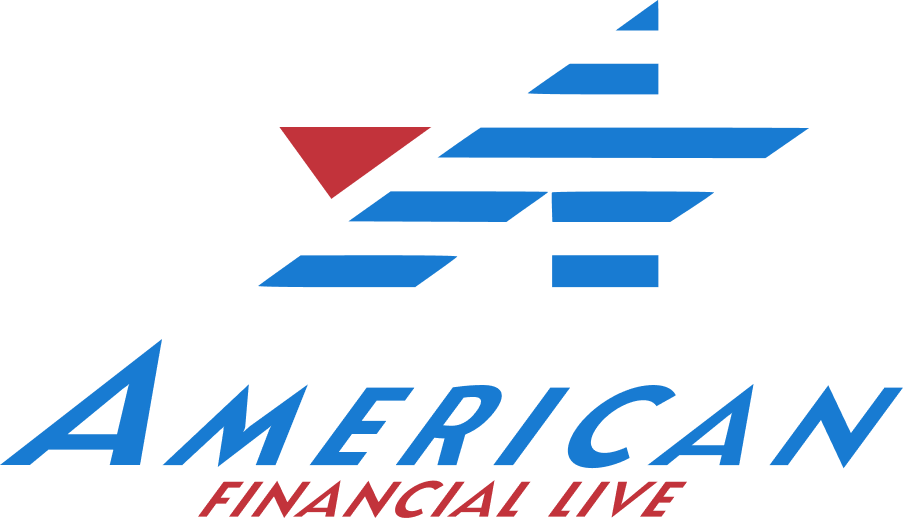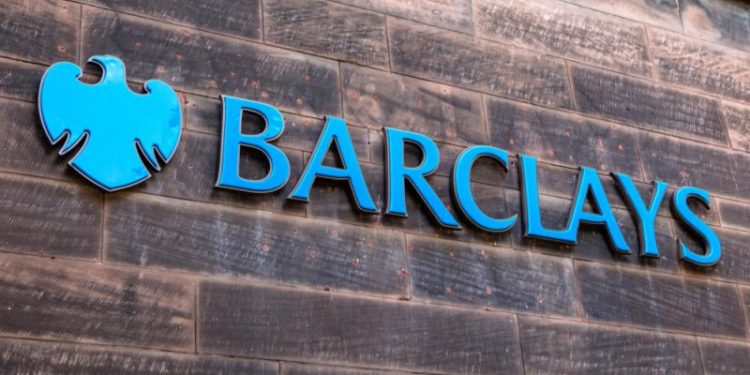Barc Share Price History
Barclays is a well-known international financial company that has been in operation for over 300 years. It offers a wide range of financial and banking services, including retail banking, wealth management, corporate banking, and investment banking. Barclays is renowned for its dedication to technology, innovation, and environmentally friendly operations. The company maintains a significant global footprint, catering to millions of clients and consumers worldwide. The BARC share price reflects its market presence and valuation.
Listed on the London Stock Exchange and traded under the ticker BARC.L, Barclays is valued at £34.46 billion with 14.76 billion shares outstanding. Over the past year, the BARC share price has fluctuated between a low of 105.11 and a high of 233.45, with the most recent range being 128.34 to 233.45.
BARC 5-Day Chart
BARC: Forecast, Undervaluation, and Future Growth
The BARC share price target is based on an important price-to-book (P/B) ratio of 0.5, which measures stock valuation. This makes it relatively inexpensive compared to its competitors, whose average P/B ratio is 0.7.
Barclays Group includes HSBC and Lloyds at a P/B ratio of 0.8, Standard Chartered at 0.5, and NatWest at 0.7.
The price-to-sales ratio for Barclays is 1.4, indicating relative undervaluation compared to the peer group average of 2. With a current price of £2.26, the stock is undervalued by 26%.
Consequently, a fair market price for the shares would be £3.05. This emphasizes their potential value, even though the price may fluctuate.
On July 4, Barclay declared the sale of the German company. It also intends to quadruple its financial institutions funds in Asia by the end of 2028, according to a report published on July 10.
The goal of this vision is to attain a return on tangible equity of at least 10% this year and at least 12% by 2026. This also calls for paying out more than £10 billion in share buy rating and dividend to shareholders between 2024 and 2026. Over an extended period, share price increases generally supported these rewards.
It reported 2023 results that included a RoTE of 10.6% and £1.75 billion in total stock buybacks. It also declared a new stock buyback program worth up to £1 billion and increased its annual dividend rose from 7.25p to 8p.
Analysts predict that through the end of 2026, Barc’s earnings will increase by 11.9% annually. Up until then, earnings per share might increase by 16.4% annually.
Barc Live Share Price
Previous Close Price: 230.70 Open Price: 233.95 Bid Price: 234.05 x 0 Ask Price: 234.15 x 0 Day’s Range: 229.30 – 234.10 52-Week Range: 128.12 – 234.10 Current Volume: 5,812,931 Average Volume: 61,953,363 Market Capitalisation: £34.552B Beta: 1.39 PE Ratio: 9.00 EPS: 0.26 Earnings Date: 01 Aug 2024 Forward Dividend & Yield: 0.08 (3.47%) Ex-Dividend Date: 29 Feb 2024 1-Year Target Estimate: 260.00Barclays PLC Share Price Instrument
Earnings per share: 0.28 ISIN: GB0031348658 Market Identifier Code: XLON Market Segment: SET1 Issue Date: 13 January 2006 SEDOL: 3134865 Country of Share Register: GBX Trading Service: SETS Indexes: FTSE 100, FTSE All Share, FTSE 350 Short-Term and Cash Investments: £700.54B Total Assets: £1.58T Total Equity: £72.34B Overall Liabilities: £1.50T Shares Outstanding: 14.98B Return on Assets: 0.47% Price to Book: 0.59BARC Price Prediction
This year, the stock may benefit more broadly from a strengthening UK economy. The most recent GDP data for May indicated that the economy expanded by 0.4%, exceeding the 0.2% estimate. The rate of inflation has returned to 2%, indicating that the economy is doing well.
Barclays will gain from this economic strength due to its sizable retail and corporate divisions in the UK. For instance, happier customers may use their credit cards more frequently, and businesses may seek more loans to support their expansion.
The BARC share price forecast reflects this potential, as the entire banking industry stands to benefit from these developments. Barclays is ideally positioned to capitalise on the growth. However, there’s a chance that low inflation could cause interest rates to drop, which might hurt Barclays’ interest revenue. Despite this, the bank’s promising growth prospects suggest that more gains are likely, indicating lasting value.
The post BARC Share Price: Forecast, History, and Growth Analysis appeared first on FinanceBrokerage.





